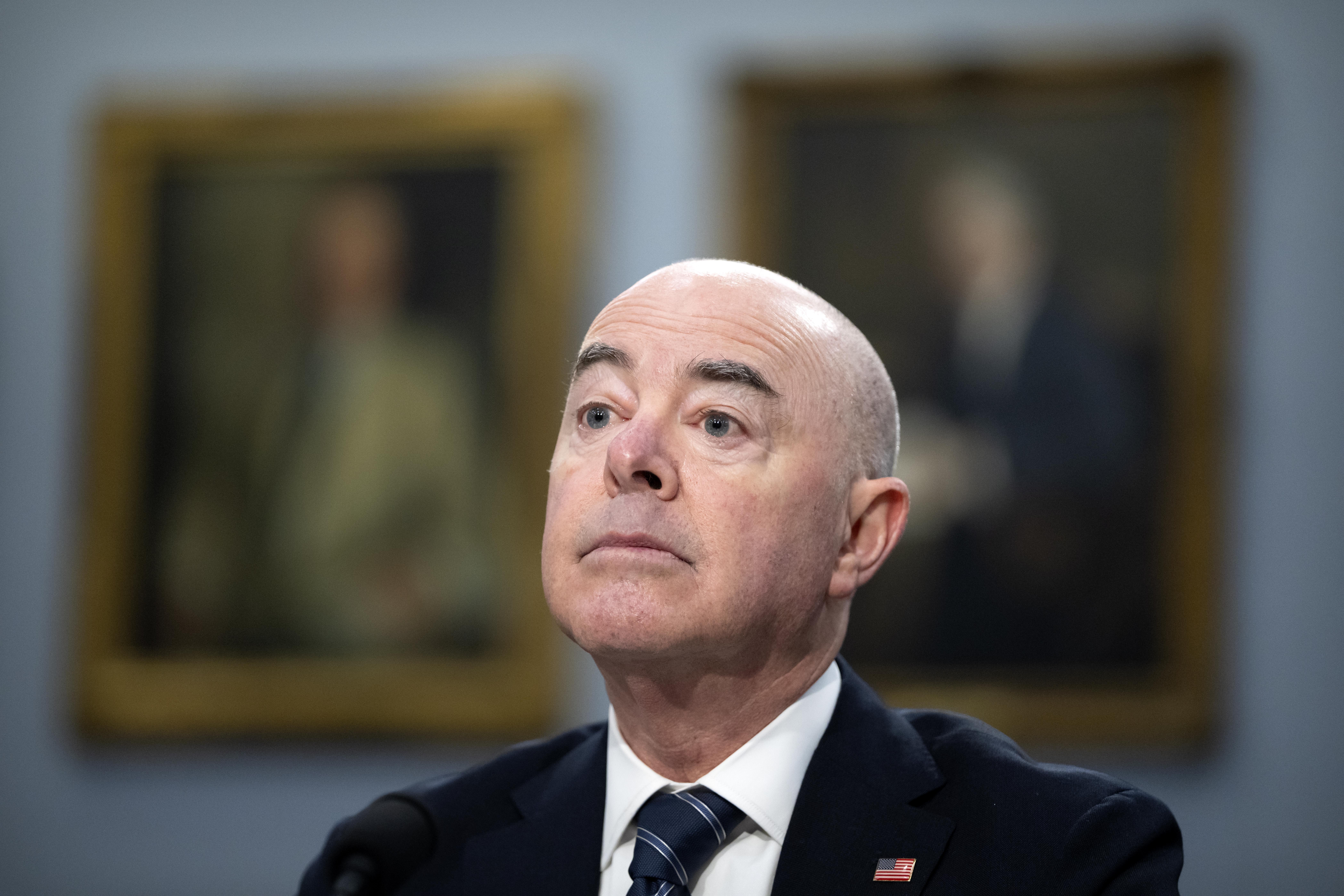They're already piling up at the ports.
That's the thought behind a local developer's plan to use old shipping containers as housing to help LA's homeless crisis and streets of shame.
Flyaway Homes announced in March 2017 that they'd purchased a duplex in South LA, got the plot rezoned by the city, and would be building a new nine-unit, 33-bed, three-story apartment complex for permanent supportive housing with the non-profit group, The People Concern.
Fast-forward to December 2018 and the complex is near capacity.
"It's pretty good, it's spacious," says John Kilgore, one of the newest tenants at 820 W. Colden Ave. "Never would've imagined walking in it would look like this."
Kilgore is a single dad to five. For three years, though, he was unable to be with his kids. He says medical issues and lack of work lead to losing his home.
He spent that time couch-surfing, his kids split up with relatives. But he says he never lost his faith in God and in himself that they'd be together again.
U.S. & World
"They knew that I was trying my hardest," he says. "They didn't give up on me and I wasn't going to give up on my kids."
The People Concern contacted Kilgore and offered him the four-bedroom, one-bath, 800-square-foot home.
"When I got those keys, I think it was the happiest moment for all of us," Kilgore says. "Gave us a sense of being home, have something that we can call our own."
Flyaway Homes is the development arm of the People Concern. CEO Kevin Hirai says it took about 48 shipping containers to create the nine-unit building.
"There are a lot of people out there that need this type of housing opportunity," Hirai says. "And we feel if we can clear the pathway and show how it can be done differently to provide housing, that's our mission."
He says these modular homes can be built twice as fast and at half the cost of traditional developments. But perhaps the most important part of the plan is the idea that is to be permanent, supportive housing.
"We come from a housing first model," says licensed family therapist Heather Gibbs, with the People Concern. "So the primary needs need to be met which is a roof over your head, feeling safe, food, shelter, clothing. We want this to be a permanent solution, it's not transitional, it's not interim, it's definitely permanent."
The Colden Avenue project took under a year to build and with zero tax-payer money.
But Flyaway Homes says it hopes the City of LA recognizes what can be achieved with its pilot complex and that money from recent bond measures could be used for future plans.
"The HHH bond fund has recognized that there's room for innovation and room for a pilot project along the lines of what we're doing here," Hirai says. "And so there's a proposal out there now the mayor is considering to carve out 10 percent of that fund to make available for development in this type of product."
Flyaway Homes plans to break ground on its next development in South LA in January 2019.



